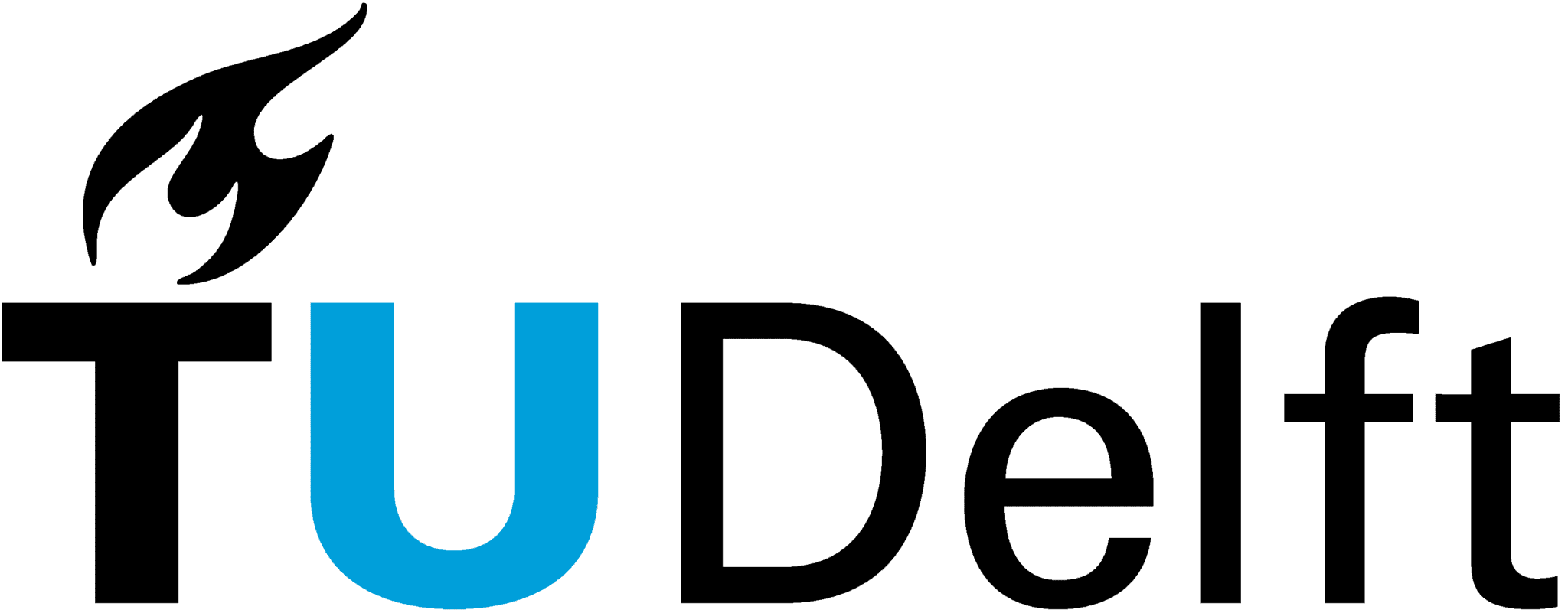Improve your strategies and decision making in the design, operation and maintenance of both infrastructure and rolling stock. Learn and apply the skills and knowledge needed to deal with the multifaceted aspects of railway systems.
This Professional Certificate Program in Railway Engineering consists of three career-oriented courses plus a capstone project. It is a highly practical program which will provide you with the appropriate tools and valuable insights in how to adopt this new systems approach to railway engineering and operations. Throughout the program you will work on many small projects and real-life cases and then conclude with a capstone project where you will receive personal guidance on a project or case of your choice.
- Make better decisions in specific situations when selecting the most suitable components of infrastructure and rolling stock.
- Analyze and then advise others on the effects of the interaction between the interfaces of track and train.
- Deal with factors interfering with transport planning in real-time situations.
- Develop strategies to optimize the capacity of the rolling stock on a railway network.
- Improve the reliability and performance of railway systems over time by making smarter decisions about monitoring and maintenance.
To keep trains running, improve services over time and offer faster and more comfortable travel, the rail industry is in need of professionals with the knowledge and skills to support innovation and provide sustainable and low-cost solutions. This entails the smart use of resources and the ability to meet the demands and requirements of all stakeholders involved. To do this successfully, experts need not only to master their own area of specialization, but be able to understand railway operations from a broader systems perspective. They need to be able to control, oversee and derive benefit from the connections and interactions between all the parameters, processes and interfaces of these complex technical systems, including those of a political rather than a technical nature.
Through understanding how all the interfaces relate, affect each other and influence the system, professionals can deploy more efficient ways of planning and implementing operational and maintenance strategies. This will ultimately have an impact on their decisions about investment, innovation and optimization.
This new Professional Certificate Program in Railway Engineering consists of the following three career-oriented courses and a capstone project:
- Railway Engineering: Real Time Operations
In this course you will learn how to manage and organize the various transport planning and operation phases of railway systems. This will enable you develop strategies to optimize the capacity of your railway network, cope efficiently with the increasing number of commuters and volume of goods, and deal with unexpected situations. Read more - Railway Engineering: Performance over Time
This course will start with a focus on the physical processes that cause these failures. You will learn how to identify typical failure modes and how to define an effective maintenance strategy for railway infrastructures. You will learn about performance by design, wear, strategic monitoring and maintenance optimization to enable you to make optimal maintenance decisions. Read more - Railway Engineering: Track and Train Interaction
In this course you will learn the individual elements of infrastructure and rolling stock and how they connect and interact with each other. This will include the superstructure of railways, the properties of the most important materials, the wheel-rail interface and traction systems, and transition zones. Read more - Railway Engineering: Capstone Project
You will work on a design project that integrates the knowledge and skills gained from the first three courses. You will work on either your own project or on a project provided by the course team. The capstone project will be staff-graded and you will receive personalized guidance and feedback throughout.
Company benefits
With an integrated approach rail professionals can develop a wider focus. Without the right skills and knowledge, the choices they make will adversely affect performance. The resulting cost and time issues will impact negatively on both their companies and our wider society. TU Delft’s unique systems approach to the engineering aspects of rail infrastructure and rolling stock will strengthen the operations, management and investments of the organizations in this sector. Companies will see an increase in their employees’ quality of work and their potential to innovate. They will see a reduction in costs which previously resulted from errors due to lack of knowledge or technical background.
